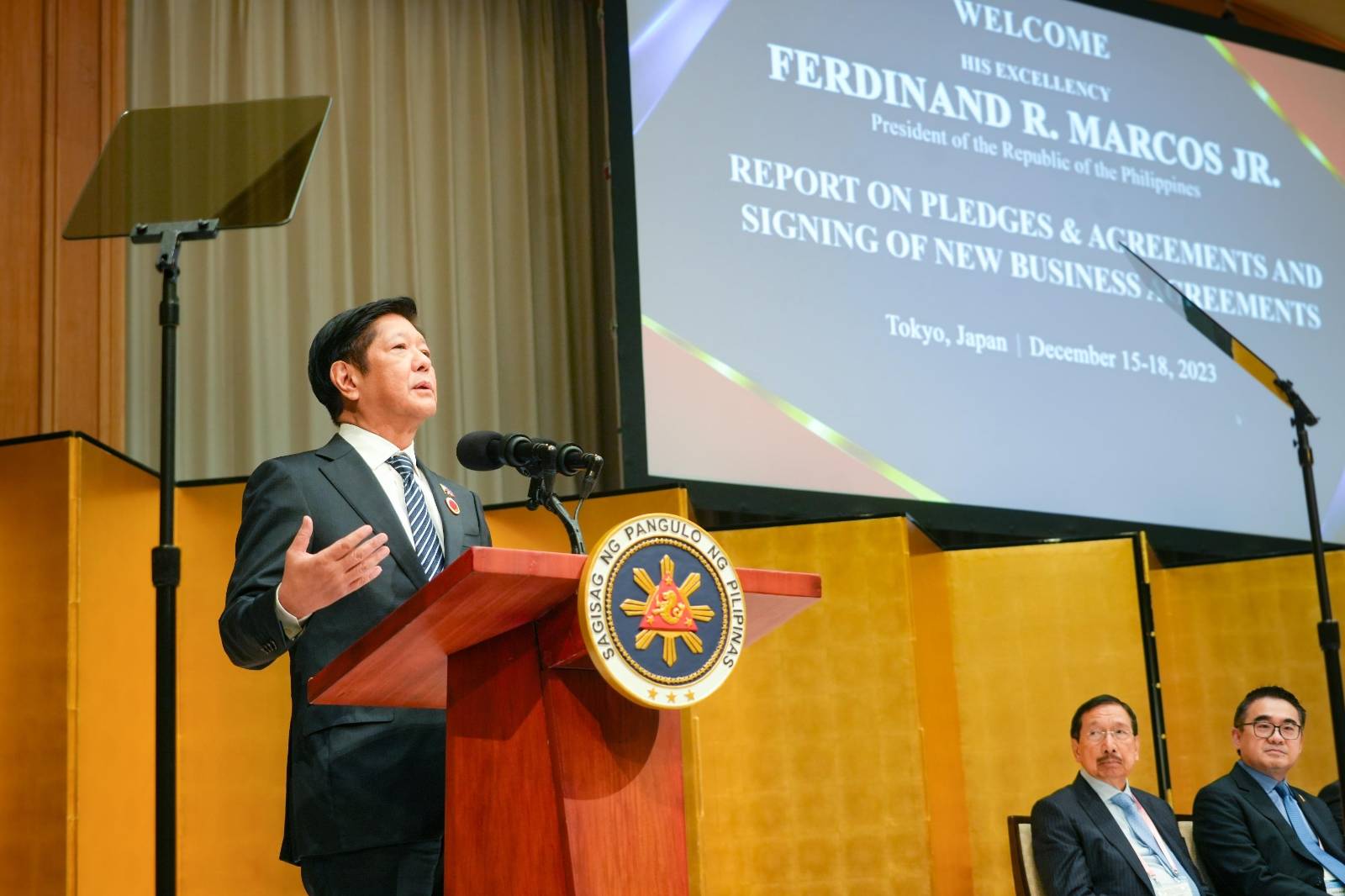
By Brian Jules Campued
President Ferdinand Marcos, Jr. promised to further strengthen the Philippine economy and improve food production amid the reported slower December 2023 inflation rate.
However, rice inflation rose to 19.6% in December compared to 15.8% from the previous month.
“Patuloy ang pagsusumikap ng pamahalaan para pagandahin ang kalagayan ng ating ekonomiya. Para sa bagong taon, lalo nating palalakasin ang mga programa para sa agrikultura, at tututukan ang mga hakbang upang mapanatiling abot-kaya ang presyo ng pagkain at iba pang pangunahing bilihin,” President Marcos said in his official X account.
The Bangko Sentral ng Pilipinas (BSP), meanwhile said in a statement that while it projects the inflation to likely moderate in the near term, the risks continue to lean toward the upside.
“Key upside risks are associated with potential pressures from higher transport charges, increased electricity rates, higher oil prices, and higher food prices due to strong El Niño conditions,” the Central Bank noted.
It added that it will continue to monitor inflation expectations and implement measures to bring inflation back to its target range.
“Looking ahead, the Monetary Board deems it necessary to keep monetary policy settings sufficiently tight until a sustained downtrend in inflation becomes evident,” the BSP said.
The National Economic and Development Authority (NEDA) and the Department of Finance (DOF) also said in separate statements that the government will continue to monitor prices and inflation risks.
NEDA assured the public that it is also taking appropriate actions to protect the purchasing power of Filipino households.
Sec. Arsenio Balisacan cited Executive Order No. 50 which extended the tariff rates for essential agricultural commodities like pork, corn, and rice until December 2024 to guarantee sufficient food supply as well as prevent spikes in price of said food items.
Balisacan also said the El Niño phenomenon has added to the threat of higher inflation.
“Amid an uptrend in international rice prices and the expected negative impact of the El Niño phenomenon, the Interagency Committee on Inflation and Market Outlook will closely monitor the situation and propose further temporary tariff adjustments if necessary,” Sec. Balisacan continued.
Balisacan stressed that the El Niño National Action Plan (NAP) must be fully implemented to increase community resilience and aid government agencies in mitigating its effects.
The NAP, which will be spearheaded by the Department of Agriculture (DA), includes strategies to sustain investments in irrigation, flood control, supply chain logistics, and climate change adaptation.
Finance Sec. Benjamin Diokno, for his part, vowed to prioritize investments in flood control infrastructure and post-harvest facilities that would stabilize the supply of key agriculture commodities.
Diokno also said that the government will soon issue the guidelines of the toll rate hike exemption for trucks catering to agricultural goods as well as guidelines for the voluntary increase of ethanol blend in gasoline. This will help mitigate the second-round effects of toll rate hikes on food inflation and decrease gasoline prices, respectively.
Moreover, the expected completion of critical transmission projects in the first quarter of 2024, particularly the Mindanao-Visayas Interconnection and the Cebu-Negros-Panay 230kV Backbone Stage 3 projects, will also help moderate energy prices in the Visayas region, according to the Finance department.
“In support of the Marcos Administration’s 8-point socioeconomic agenda, the economic team shall foster a balance between addressing the needs of Filipino workers and advocating for gradual increases in the minimum wage to mitigate possible second-round effects on the prices of consumer goods,” said Sec. Diokno. – avds
